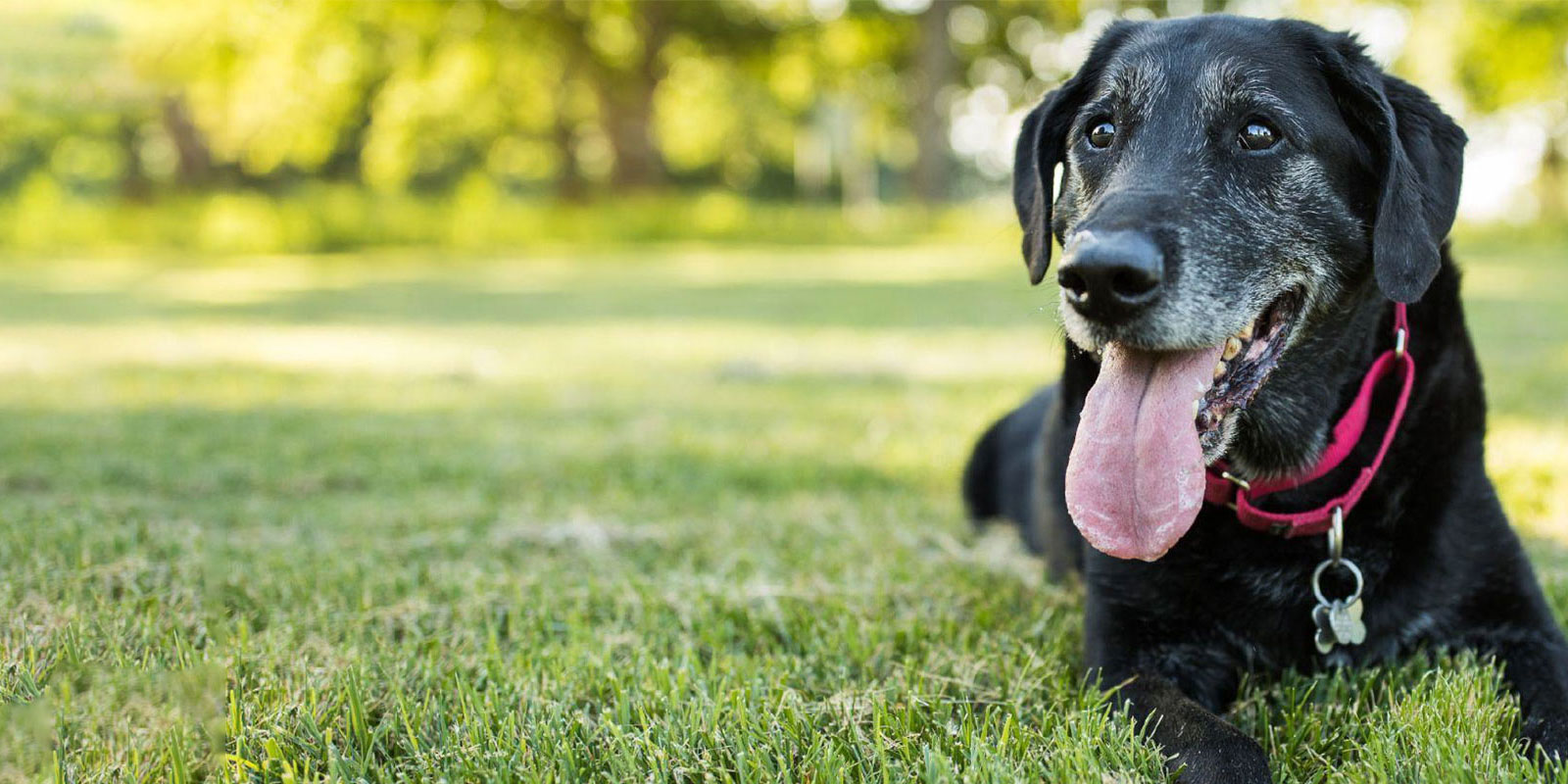The life of a pet parent can be summed up in three simple words: messy, stressful and (above all) rewarding. We would do absolutely anything to keep our furry child safe, and most of the time we forget about one of the greatest dangers that can hurt our pet. Unfortunately, you cannot hear or see it. Diseases; dangerous and detrimental. However, the positive light within this scary thought is that most of these diseases are preventable, and some of this stress can be relieved through vaccinations. Preventative medicine is the key to a happy and healthy life for your pet. It is important to understand why vaccinations are vital as well as the many diseases out there that you will be protecting your pet from.
Vaccinations will protect your pet from preventable, transmissible diseases. These diseases can be caught in boarding facilities and in the local community. Your pet could pick-up a nasty infection just by walking through the park. That is why it is vital for their vaccinations to be up to date. Especially as these are substantially cheaper than the cost of treating a disease!
Diseases in Dogs
For our canine companions, there are a range of diseases that can affect them. There are changes that can be seen in your pup if they have caught any of the below:
Parvovirus: This extremely dangerous and highly contagious virus attacks the gastrointestinal tract of the dog. It can be spread through contact with contaminated faeces and soil and can last for a long time in the environment, so your dog could be at risk even if infected dogs have not been in the area recently. As a pet parent, it is important that all vaccinations are up to date as it can cause death in dogs.
Canine Cough/ “Kennel Cough”: As you would know, the main symptom of this virus is a harsh cough that ends with your pup gagging. This is a highly painful experience for your dog and often a sleepless night for you. Usually, this disease is contracted in parks, obedience classes, dog shows and kennels – where they socialise. However, even if your dog is not regularly socialising, it is a good idea to be covered for this disease.
Infectious Hepatitis: Symptoms of this disease vary depending on the stage of infection but can include fever, depression, loss of appetite, diarrhoea, tonsillitis, bruising and abdominal pain. In some cases, the eyes can also be affected. This disease is particularly severe in young puppies.
Distemper: While not common in Australia, Distemper can have some terrible symptoms to look out for including vomiting, spasms, diarrhoea and progressive paralysis. This disease can lead to brain damage and death if your pet is not vaccinated against it. Unfortunately, it can affect any dog, especially puppies and unvaccinated dogs.
Diseases in Cats
Our feline friends are also at risk of contracting nasty infections if their vaccinations are not up to date.
Feline Enteritis (Panleukopaenia): This virus is related to the canine parvovirus and can cause vomiting, decreased appetite, lethargy, sometimes diarrhoea and in severe cases it can be fatal. If a pregnant cat becomes infected her kittens can be born with permanent neurological damage.
Cat Flu (or Feline Upper Respiratory Tract Infection): The symptoms of this virus, also known as Feline Rhinotracheitis and Feline calicivirus, are very similar to the human flu; sneezing, nasal discharge, conjunctivitis, fever and loss of appetite. This disease can be easily contracted, especially in kittens and senior, unvaccinated cats. At our clinic, we vaccinate against two types of cat flu virus; feline herpes virus and calicivirus. Feline herpes virus can persist long term. Feline calicivirus can cause your cat to experience painful mouth, nose or palate ulcers. Vaccination is the best way to prevent this disease.
Feline Chlamydia: This disease is very specific to cats and can cause eye irritation and chronic conjunctivitis, which can be very painful. It is prevented by thorough disinfection and vaccination.
Feline Immunodeficiency Virus (FIV) or Feline AIDS: Similar to the human version of this disease, there is not a cure if contracted. Therefore, your cat will need supportive care for the rest of their life. Your cat can contract Feline AIDS from saliva, usually through cat wounds and bites after a fight, outdoor cats are especially high risk of this disease. It is fairly common as 1 in 7 Australian cats are infected with FIV.
The moral of this article is that vaccinations are one of the most important aspects of being a pet parent. If you notice any of the above symptoms in your pet, please contact your nearest emergency centre. In keeping your pet’s vaccination up to date, you will play your part in protecting them from dangerous diseases.
For all our lucky Best for Pet members, don’t forget that you can receive annual, core vaccinations, that includes parvovirus, for free. If you would like to know more about the Best for Pet program, please contact our friendly team. Now back to thinking about the easier things, like what new and delicious food you will put in their Kong this week or when to do the poop-a-troll. Just the usual events in our journey as pet parents!


